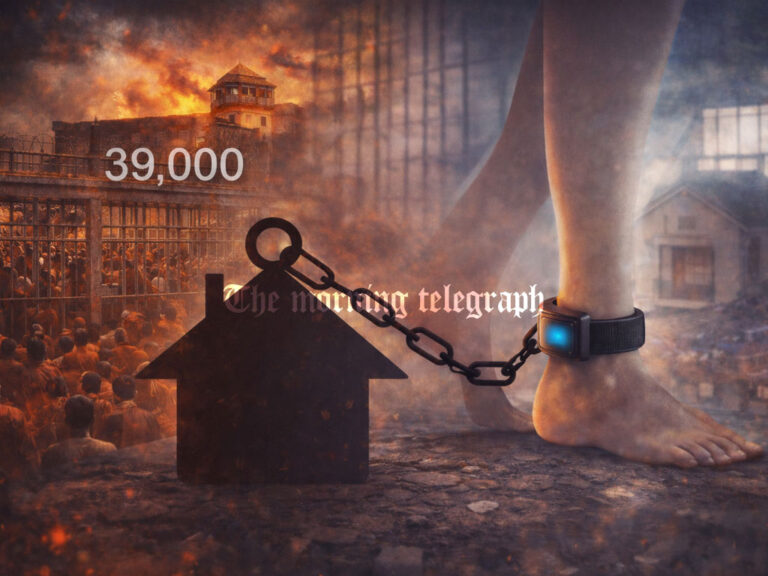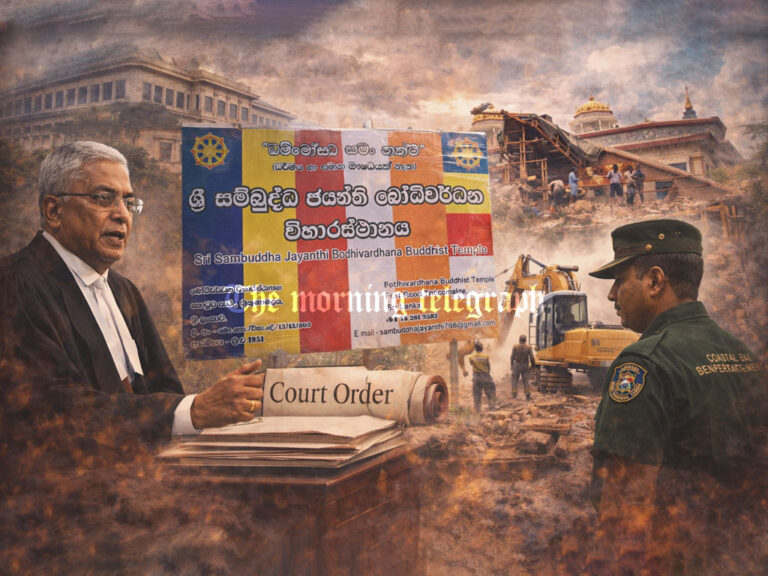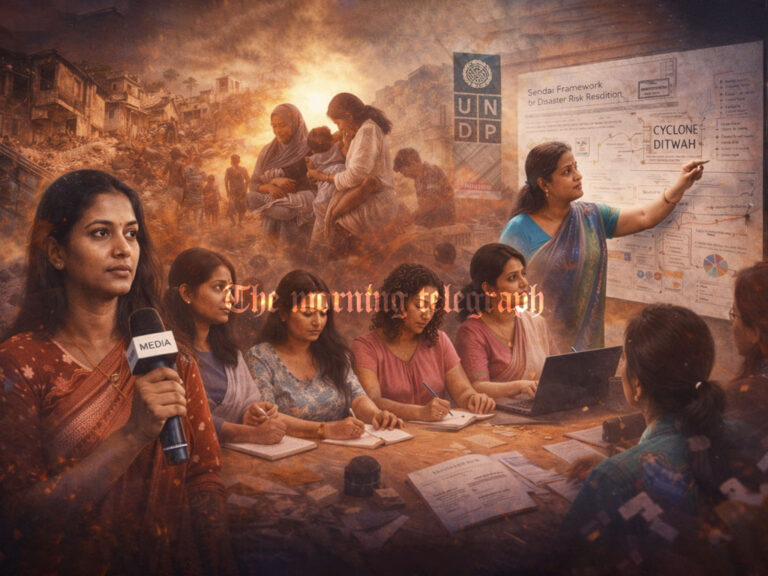
ULAANBAATAR, Mongolia (September 4, 2024) — In a striking defiance of international norms, Russian President Vladimir Putin received a lavish welcome in Mongolia on Tuesday, as the country chose to overlook an international arrest warrant for his alleged war crimes.
This visit marks Putin’s first to an International Criminal Court (ICC) member nation since the court issued a warrant for his arrest in March 2023, accusing him of war crimes related to Russia’s invasion of Ukraine. The ICC has charged Putin with orchestrating the abduction of Ukrainian children, but Mongolia has opted to maintain its diplomatic and economic ties with Russia over adhering to the court’s demands.
Ahead of the visit, Ukraine had urged Mongolia to comply with the warrant and arrest Putin. The European Union also expressed concerns about Mongolia’s potential non-execution of the warrant, but the country remains economically reliant on its larger neighbors, Russia and China, complicating its position.
Putin was greeted at Ulaanbaatar’s main square with an extravagant ceremony featuring a color guard in traditional Mongolian attire reminiscent of Genghis Khan’s era. The visit included a red-carpet walk to the Government Palace where Putin and Mongolian President Khurelsukh Ukhnaa conducted their meetings, including discussions on energy and infrastructure projects.
Amidst the pomp, a small protest group attempted to raise awareness of the warrant, but their efforts were swiftly suppressed by local authorities. The protesters’ actions were quickly quelled, with police removing those attempting to display anti-Putin messages.
During the visit, Russia and Mongolia signed agreements on various projects, including a power plant upgrade, aviation fuel supplies, and a study on environmental impacts concerning a proposed hydroelectric plant. Putin also extended an invitation to President Khurelsukh for the BRICS summit in Kazan, Russia, in late October.
The visit concluded with a grand send-off, and Putin traveled to Vladivostok for an economic forum. Despite international criticism and an outcry from human rights activists, including a public plea from over 50 Russians abroad urging Mongolia to arrest Putin, the visit proceeded without incident.
Critics, such as Kenneth Roth of Human Rights Watch, have labeled the visit as a sign of weakness, while Kremlin spokesperson Dmitry Peskov emphasized the visit’s focus on enhancing bilateral relations rather than making political statements to Western nations.
Mongolia’s decision to welcome Putin, despite being an ICC member since 2002, highlights its complex geopolitical balancing act between maintaining strong ties with Russia and navigating international legal obligations. The country’s historical connections with Russia and its dependence on Chinese and Russian support for trade and energy underscore the challenging dynamics at play.
The visit serves as a reminder of the intricate interplay between international justice and national interests, with Mongolia’s actions reflecting its strategic priorities over adherence to international legal mandates.




